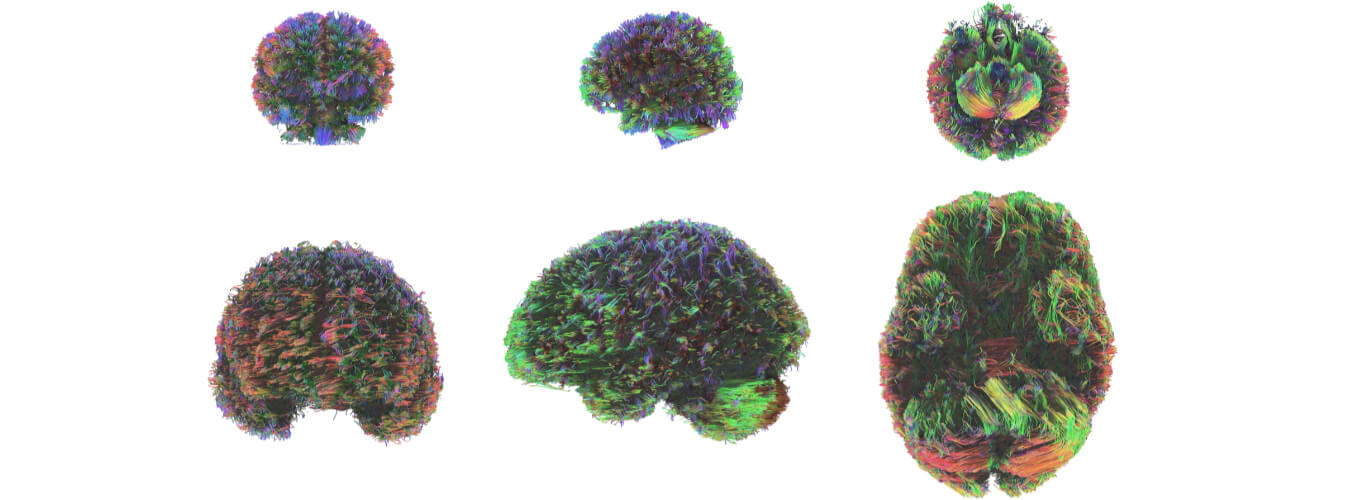At the early stages of life, when many of the common and serious mental illnesses emerge, there are complex changes in brain and body as well as profound changes in an individual’s relationship with their social environment. There is already a major programme of multidisciplinary research into adolescent development in Cambridge and the recent funding of a dedicated children’s hospital which has, at its heart, the connection of physical and psychological medicine, will offer a unique setting and infrastructure to develop this work.
Research groups across Cambridge study brain and cognitive development in infancy, childhood and adolescence, using developmentally sensitive and appropriate tools and techniques. Carefully designed behavioural measurements allow research groups to study social cognition, attention, language, executive processes and memory, not only across the UK but in other countries including lower-middle-income countries (LMICs). Recently research has expanded to engage digital and online platforms. In light of the COVID-19 pandemic, a new focus has been supporting families and understanding the impact of this pandemic, and related social and financial restrictions, on family life, health and infant, child and adolescent development.
Cross-disciplinary research at Cambridge focuses on the identification of the early changes and divergent trajectories that foreshadow learning difficulties and mental health disorders in young people, revealing opportunities for intervention and prevention. Neural markers of learning difficulties like dyslexia can be detected in infancy. Stress in development impacts the emergence, nature, and severity of mental illnesses, most of which first appear in adolescence. As with studies at other stages in the lifespan, datasets range from large population-based surveys and cohorts, to rare clinically identified groups, with many different methods applied to describe the phenotype of participants. For example, both the Centre for Attention, Learning and Memory (CALM) and the Centre for Neuroscience in Education (CNE) explore cognitive development over time in children with difficulties in learning, and with or without a formal diagnosis, in comparison to their peers. A hallmark of this science has been methodological innovations for understanding neural systems in childhood, how they are linked with developmental disorder, and how they respond to intervention.
Further support would be profoundly useful in many different areas which include:
- Developing our interdisciplinary research programmes in neurodevelopmental research
- Funding an Interdisciplinary Research Fellowship scheme
- Funding specific postgraduate programmes in neurodevelopmental research (PhD and Masters level).

